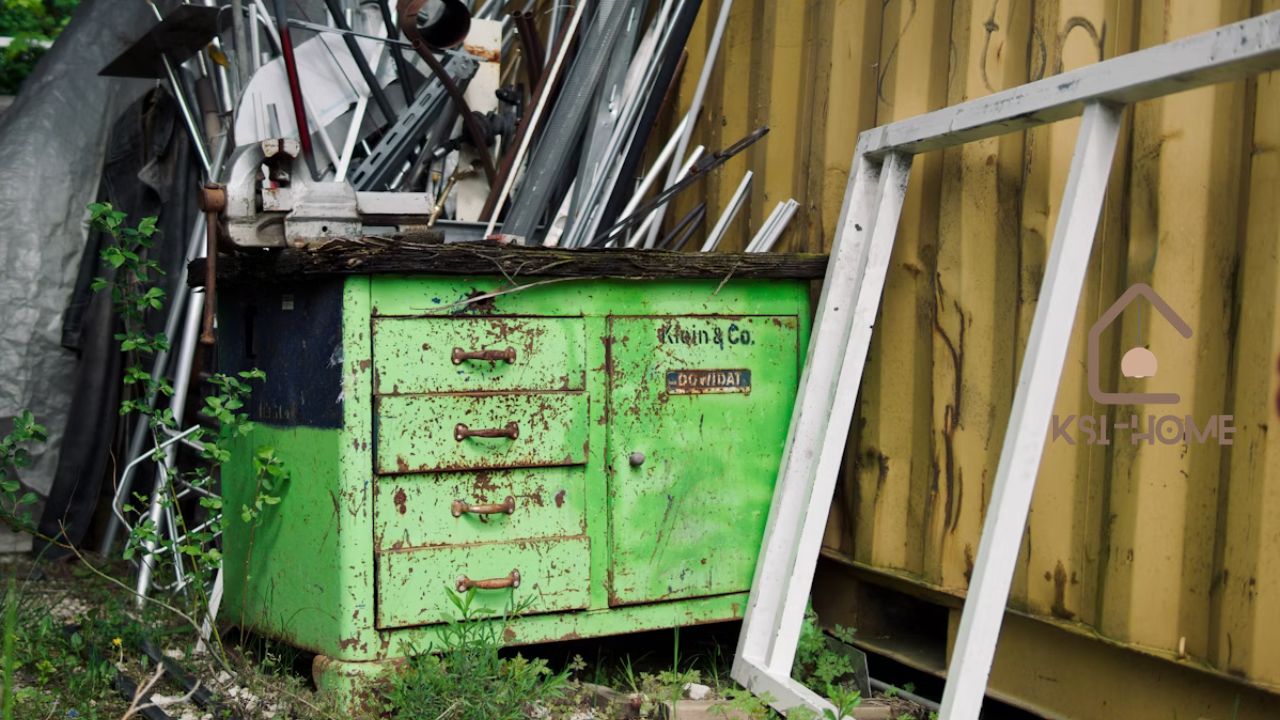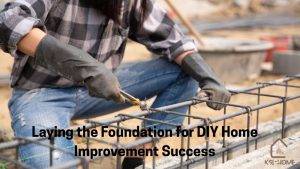Booking a dumpster for a home project in New Jersey helps homeowners handle debris and waste in a straightforward way. Yet, many do not realize that rental rules, property guidelines, and company policies often differ by location. Knowing the basics before scheduling a dumpster helps homeowners avoid extra costs, delays, or permit troubles.
Many New Jersey residents look for straightforward, on-time dumpster rental services from Bold Disposal to keep their projects on track. Choosing a company that offers clear rental terms, local knowledge, and prompt drop-off gives peace of mind during cleanup or renovation tasks.
Permit requirements vary: No permit needed if the dumpster is on private property, but permits are required for placement on public sidewalks or streets in NJ.
Most homeowners in New Jersey do not need a permit for a dumpster placed on their own driveway or within their yard. Private property placement usually falls outside of local permit rules, as long as the container does not block sidewalks or extend onto public spaces.
However, a permit is almost always needed if the dumpster sits on a public street or sidewalk. Local governments regulate these areas because dumpsters there can block traffic, pedestrians, or emergency access. Each town or city might have slightly different rules, so checking with the local office before delivery helps avoid issues.
Some areas also have rules set by homeowners’ associations or zoning boards. Homeowners should review these rules before booking a dumpster to prevent possible fines or project delays. In short, placement on private property keeps the process simple, while public spaces require extra steps.
Choose the right dumpster size based on project scope; common sizes are 10, 20, 30, and 40 cubic yards.
Project size directly impacts which dumpster to pick. A 10 cubic yard dumpster usually works for small home cleanouts or garage projects. For a medium project like a bathroom remodel or a bigger attic cleanout, a 20 cubic yard dumpster often fits better.
Larger construction or renovation work will likely need a 30 or 40-cubic-yard container. These sizes handle bulky items and high amounts of debris. Choosing a larger dumpster helps avoid running out of space in the middle of a job.
Homeowners should think about the total amount and type of waste before making a choice. However, it also helps to talk with a local provider who can recommend the best fit for the job. Matching the dumpster size to the project can save money and reduce hassles later.
Ensure the dumpster placement area is flat, accessible, and free of low-hanging branches or obstructions for easy delivery and pickup
A level surface helps the dumpster sit properly and prevents shifting. Driveways or paved areas usually work best for this purpose. Avoid soft ground, such as grass or dirt, to keep the dumpster from sinking.
Access also matters for both delivery and pickup. The truck must reach the spot safely and have enough space to back up without trouble. Wide and open driveways or open spots near the road make this process smoother.
Overhead obstacles can cause delays. Low-hanging tree branches, wires, or garage overhangs might block the truck or scrape its top. Homeowners should trim any nearby branches or move objects that block the area.
A clear path without vehicles, trash bins, or other barriers helps the entire process go faster. Before scheduling delivery, double-check for anything that could block access or cause damage. This preparation saves time and keeps the project on track.
Confirm your Homeowners Association (HOA) guidelines on dumpster use to avoid violations or fines
Residents in HOA communities need to review the rules for renting dumpsters before making any arrangements. Many HOAs limit where dumpsters can sit, how large they can be, and how long they can remain on the property. Failure to follow these rules may result in fines or other penalties.
Most associations include these requirements in their covenants or guidelines. Residents should read these documents carefully or reach out to the HOA board with questions. This step helps prevent any misunderstandings or unexpected costs.
Some HOAs also want dumpsters placed out of sight or in specific areas. Others might require prior written approval. For certain projects, a permit might be necessary, so it is smart to double-check before delivery.
Understanding these rules helps residents avoid conflicts with their neighbors or community managers. Clear communication with the HOA saves time and reduces the risk of facing avoidable problems.
Plan the rental duration realistically, typically one to two weeks, depending on your project’s timeline.
Homeowners should think carefully about how long the dumpster will be needed. Most projects, such as home cleanouts or small renovations, usually call for a dumpster rental of one to two weeks. This time frame gives enough flexibility to complete the work without feeling rushed.
Different project sizes or delays can affect this timeline. For example, larger home improvement projects might take longer and require extra days. In contrast, a smaller task may only need a few days.
Local providers often offer clear rental periods, so anyone booking a dumpster should confirm the details before signing an agreement. It helps to talk openly with the provider and discuss the project’s scope to avoid early pickup or hidden fees.
Taking a realistic look at the work ahead helps prevent extra charges and project delays. Clear communication and smart planning make the process much smoother for everyone involved.
Conclusion
Homeowners in New Jersey benefit from understanding local laws and permit needs before reserving a dumpster. Placement rules and the correct dumpster size help avoid extra fees and hassle.
Discussing plans with the rental company helps make waste removal smoother and keeps projects on track. Careful planning gives homeowners more control and peace of mind during any cleanout or renovation.
Simple steps, clear communication, and knowledge of rules make dumpster rental much easier for anyone handling a home project.
Admin Recommendation
Laying the Foundation for DIY Home Improvement Success


















